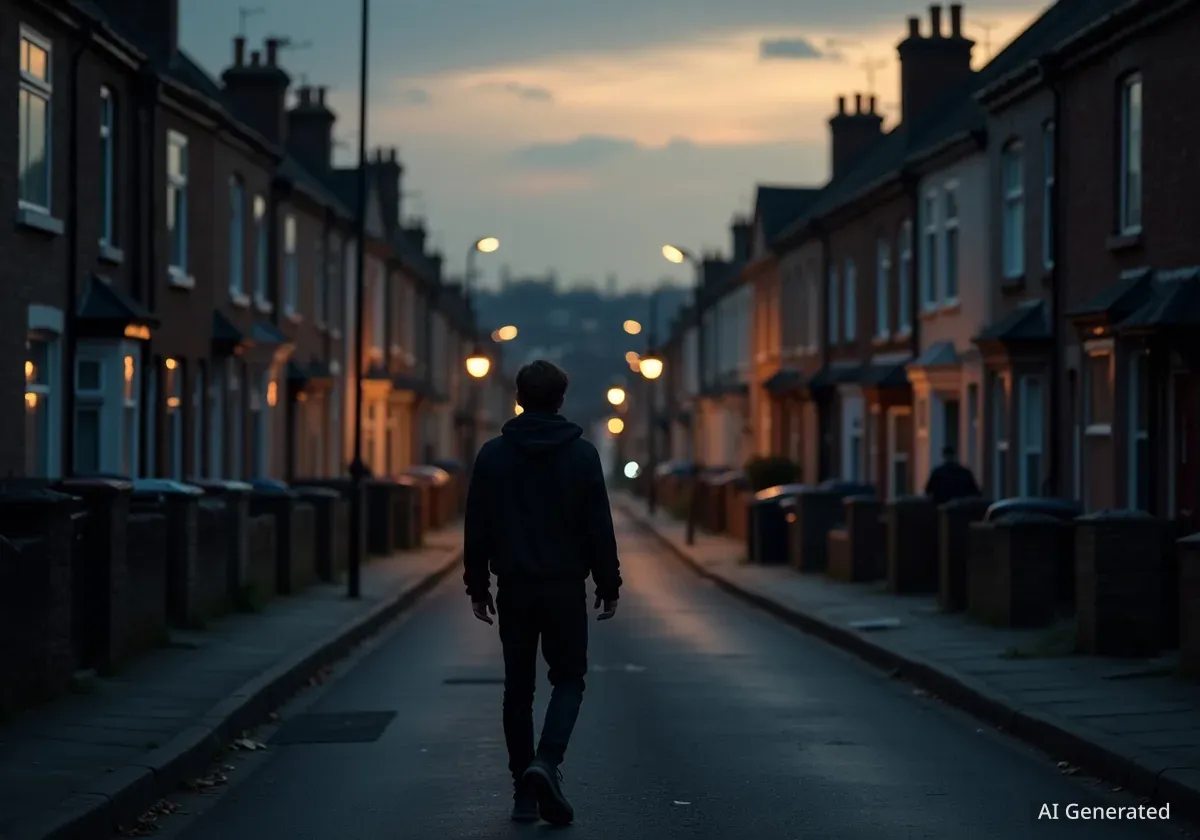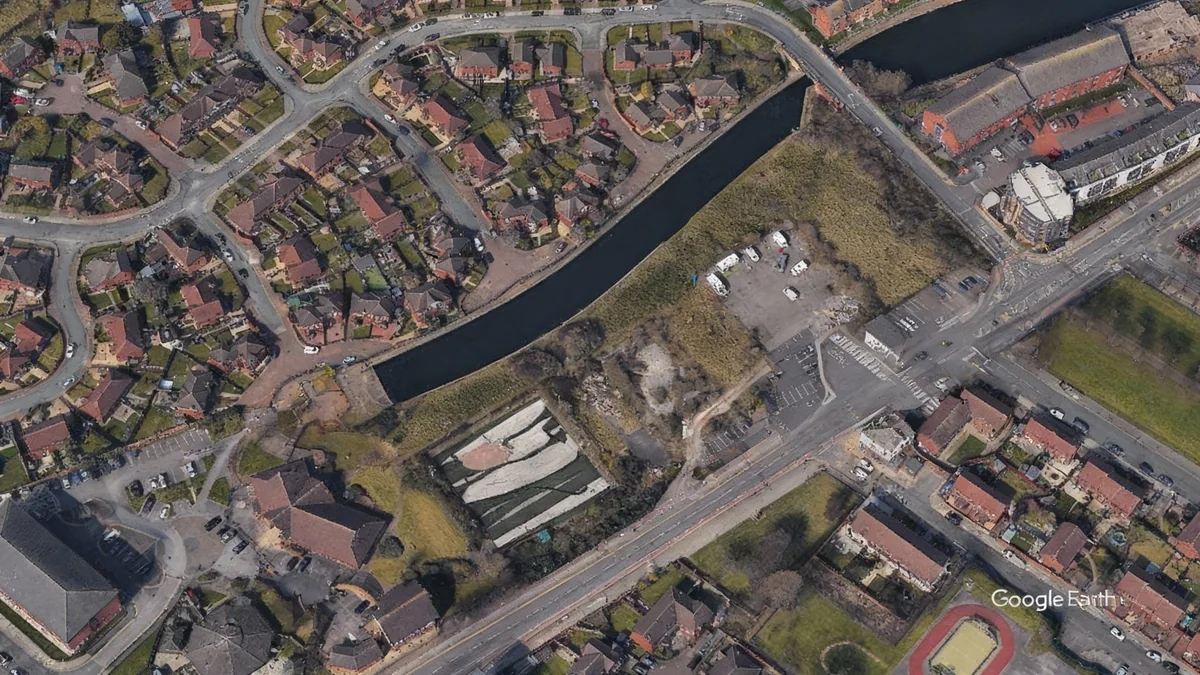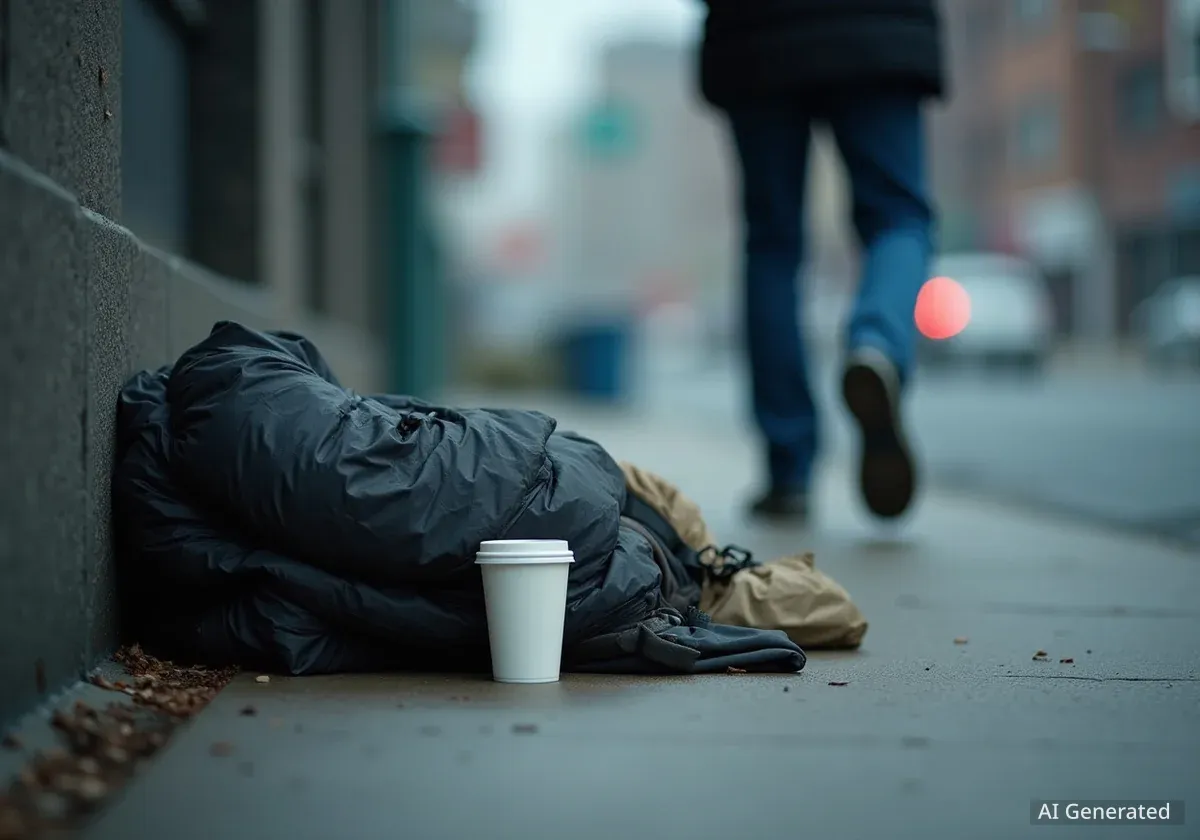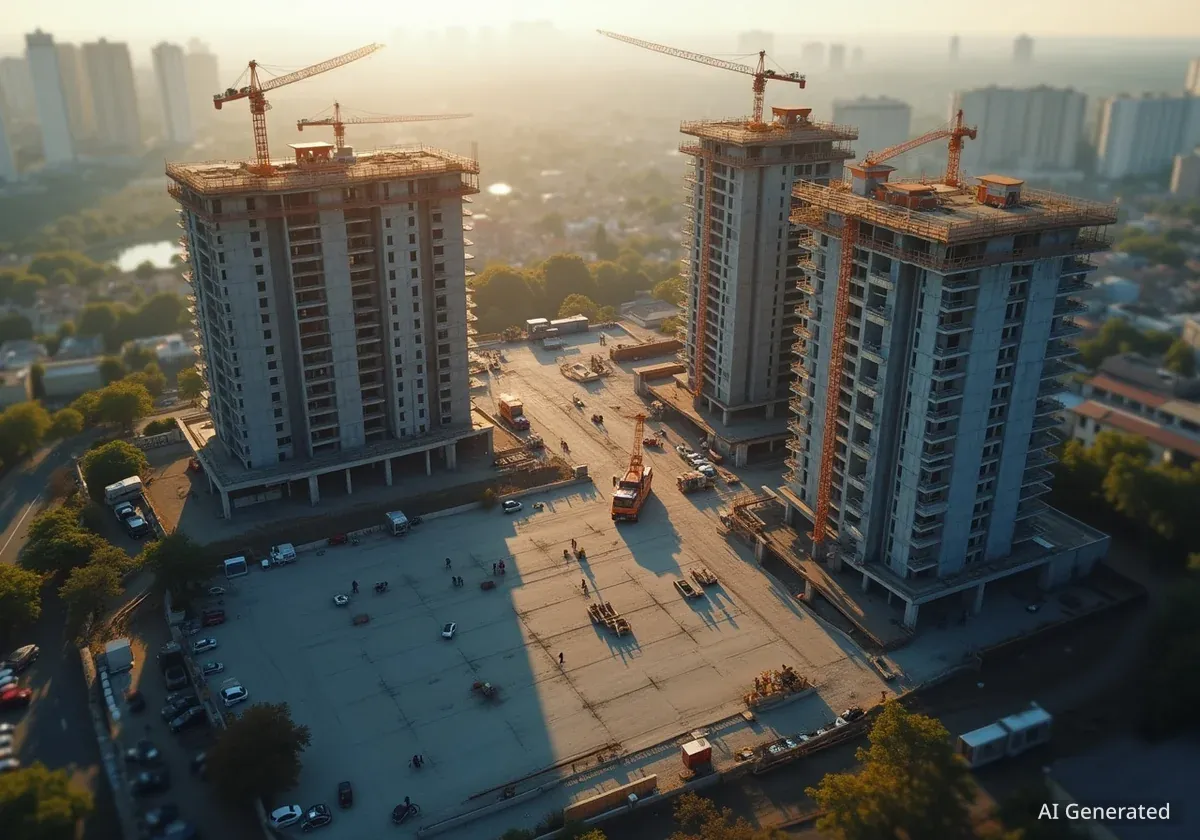A 52-year-old Bootle resident with significant health issues has been on the housing waiting list for more than ten years, highlighting a growing crisis in Sefton. Wayne Berry says he is trapped in unsuitable accommodation while the council reports a surge in homelessness across the borough.
Mr. Berry's situation reflects broader systemic challenges detailed in Sefton Council's recent strategy report, which points to a severe shortage of affordable housing and a more than 100% increase in households requiring temporary accommodation since late 2023.
Key Takeaways
- Wayne Berry, 52, has been on the Sefton housing list for over 10 years due to health and mobility needs.
- Sefton has experienced a 100% increase in households in temporary accommodation since August 2023.
- Around 200 households now present as homeless in the borough each month.
- The council's 2024-29 strategy identifies a lack of affordable housing and the impact of 'no-fault evictions' as key drivers of the crisis.
A Decade of Waiting for a Home
Wayne Berry, a lifelong Sefton resident, has been seeking a suitable home for over a decade. His housing instability began after a divorce in 2010, which he says led to homelessness and a decline in his mental health. Over the years, his physical health has also deteriorated.
Mr. Berry suffers from several conditions that affect his breathing and mobility, requiring him to use a crutch. He states that he needs a ground-floor property to accommodate his physical limitations. Despite being on the housing list for more than ten years, he has not been offered a social tenancy that meets his needs.
The Impact of 'No-Fault Evictions'
Recently, Mr. Berry faced a 'no-fault eviction' from his previous address, a situation becoming more common in the private rental sector. This forced him to seek emergency help from Sefton Council's housing options team.
He was advised that while he would qualify for the highest priority band on the Property Pool housing register, the extreme demand meant a long wait was inevitable. As a temporary measure, he moved into another privately rented flat on the first floor in Bootle.
"This place is on the first floor and it’s painful getting up and down, and especially getting shopping up here with a crutch in one hand," Mr. Berry explained.
Systemic Barriers Frustrate Housing Search
Mr. Berry's efforts to find a home are complicated by personal challenges. He says that his dyslexia and inability to use a computer prevent him from bidding on properties himself. He claims he was assured the housing options team would assist him with the bidding process.
However, he feels let down by the system. "I was forever phoning up, saying, ‘what’s going on?’ and asking ‘am I getting somewhere to live?’," he said. "They kept saying they’d call me, but I heard nothing."
He describes the process as deeply frustrating. "The system is broke. This has been going on now for over ten years near enough, and I’m getting fed up with it, jumping through hoops trying to get a council house is just ridiculous. It's hard with my disabilities, but they’re just not listening."
Homelessness Costs Soar
According to a 2024 report by the BBC, councils across England spent £1 billion on homelessness provisions in the last year alone. This represents a staggering 50% increase compared to the previous year, highlighting the growing financial strain on local authorities.
Sefton's Widening Homelessness Crisis
Mr. Berry's experience is a personal story within a much larger crisis unfolding across Sefton. The council's own Homelessness and Rough Sleeping Strategy 2024-29 provides a stark overview of the situation.
The report confirms that demand for homelessness-related support has reached record levels. Key statistics from the council illustrate the scale of the problem:
- Since August 2023, the number of eligible households in temporary accommodation has risen by more than 100%.
- Current figures from 2024 show that as many as 200 households per month are presenting as homeless to the council.
Causes of the Housing Shortage
The council's strategy document identifies several core issues driving the increase in homelessness:
- A significant lack of affordable social housing.
- Changes in the private rented sector, including a rise in 'no-fault evictions'.
- A growing number of residents with complex support needs.
- An insufficient range of housing options to meet diverse needs.
The 'Revolving Door' System
The council's report notes a concerning trend of individuals "effectively circling the system." It states this is leading to a "deterioration of health" and results in people staying "much longer than intended in sometimes unsuitable settings," such as temporary and emergency accommodation.
An Uncertain Future
For Wayne Berry, the future remains precarious. His current first-floor flat presents daily challenges, particularly with winter approaching. The property is accessed by a stairwell or a two-part ramp, which he fears will become hazardous in icy conditions.
"With the winter coming... what happens if it’s icy out there and I can’t get out to the shop?" he asked. "I need a ground floor flat or a one-bedroom bungalow. I’m 52 now and my health’s getting worse."
His plea is for basic security and dignity. "I don’t want a palace or a pot of gold, I just want a chance to live decently," he said. "Instead of that security, I’m stuck waiting here for another knock on the door telling me I have to find somewhere else to live, and then back to square one."
Liverpool News Today understands that Sefton Council is aware of Mr. Berry's situation and has attempted to contact him. The council stated that if Mr. Berry can provide completed forms to the housing options team, they would be able to progress his application. In response, Mr. Berry reiterated his difficulty with the process: "It just shows that I’m trapped in the system... I’ve told them I’m dyslexic and I can’t use a computer. You tell me what I can do?"





